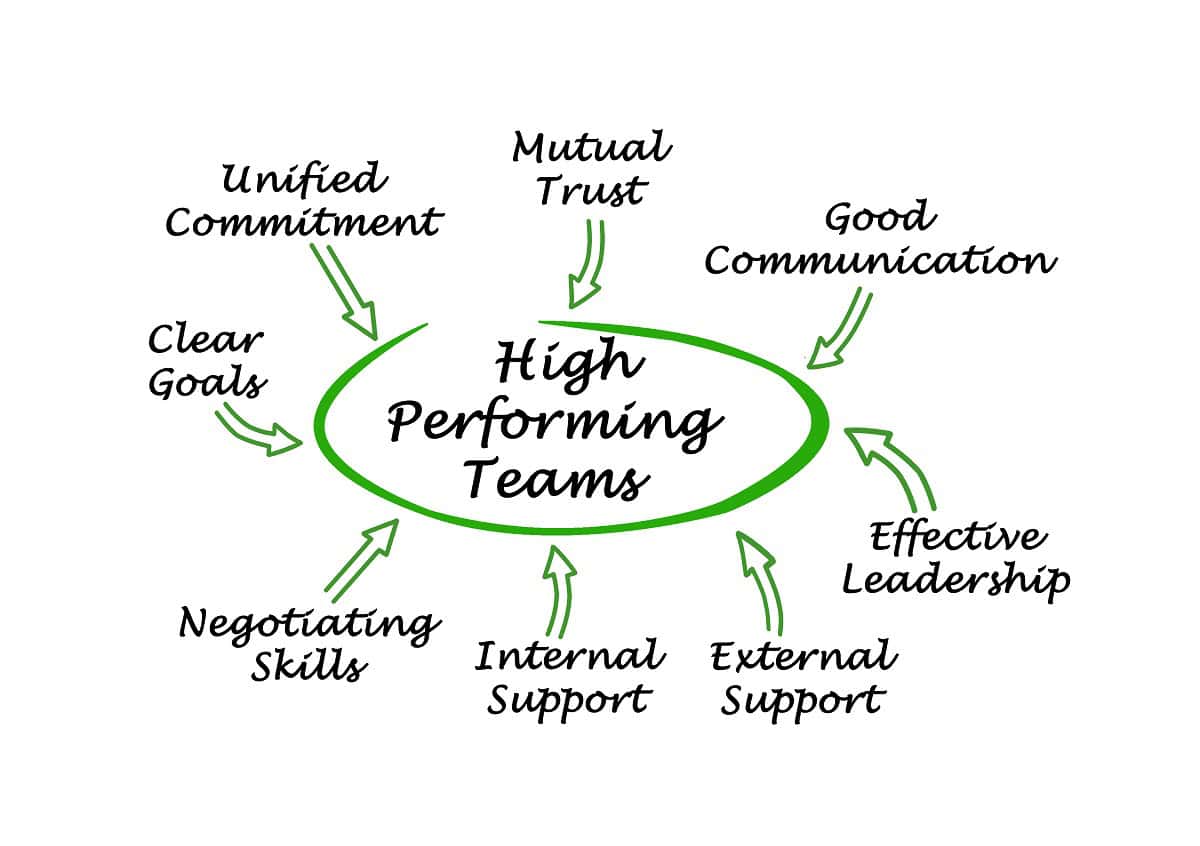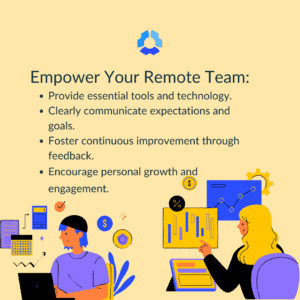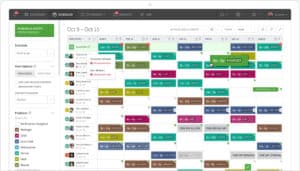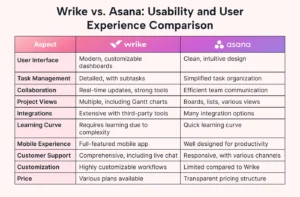Building a High-Performance Team with the Right Tools
Optimize your team’s workflow and keep everything on track by leveraging tools that simplify time tracking, employee scheduling, and project management.
Introduction: Why Team Management Tools are Vital for Business Growth
Effective team management is more than just assigning tasks; it’s about creating a streamlined, collaborative work environment where every member can perform at their best. Whether your team is remote, in-house, or a combination of both, the right tools can make a huge difference. By incorporating team management tools, businesses can track time, schedule tasks, and manage remote teams with ease, leading to higher productivity and better project outcomes.
This article will explore the Team category, highlighting three key subcategories: Time Tracking, Employee Scheduling, and Project Management. By implementing tools in these areas, you’ll be better equipped to manage your team’s workload, improve accountability, and foster a more efficient workflow.
1. Time Tracking: Monitor Team Productivity with Ease
Time tracking tools are essential for ensuring that your team is using their time effectively. These tools allow you to monitor work hours, track project time, and even manage billable hours for client-facing tasks. Time tracking is especially important for remote teams, where keeping an eye on productivity can be more challenging.
Key Features of Time Tracking Tools:
- Real-Time Tracking: Record time spent on specific tasks or projects to improve accountability and productivity.
- Automated Timesheets: Generate accurate timesheets automatically, reducing the administrative burden on your team.
- Billable Hours Management: Track time spent on client projects to ensure accurate billing.
Pro Tip: Tools like Toggl and Harvest make time tracking easy with simple interfaces and comprehensive reporting features. They integrate with project management tools to give a full picture of productivity.
2. Employee Scheduling: Plan and Manage Work Shifts Efficiently
Managing employee schedules can be a headache without the right tools, especially for businesses with variable shifts or part-time staff. Employee scheduling tools make it easy to assign shifts, manage availability, and avoid conflicts, ensuring your business runs smoothly without gaps in coverage.
Why Employee Scheduling Tools are Crucial:
- Shift Management: Quickly assign and adjust shifts, ensuring that all roles are covered at the right times.
- Availability Tracking: Allow employees to set their availability and request time off, helping managers avoid scheduling conflicts.
- Automated Alerts: Get notifications about upcoming shifts, ensuring that employees are aware of their schedules.
Pro Tip: Tools like Deputy and When I Work offer robust scheduling solutions that integrate with time tracking and payroll systems, making it easier to manage workforce logistics.
3. Project Management: Ensure Seamless Collaboration and Task Execution
Project management tools are a must for keeping teams organized, particularly for businesses with complex projects that involve multiple departments or remote workers. These tools help you assign tasks, track progress, and ensure that deadlines are met.
Benefits of Project Management Tools:
- Task Assignment: Easily assign tasks to team members and set deadlines to ensure timely completion.
- Collaboration: Keep all project-related communication, files, and updates in one place, improving transparency and reducing miscommunication.
- Progress Tracking: Monitor the status of tasks and projects in real-time, identifying bottlenecks before they cause delays.
Pro Tip: Tools like Asana and Trello offer flexible project management platforms, allowing teams to customize workflows, set priorities, and track progress on tasks and goals.
Conclusion: Empower Your Team with the Right Tools
Managing a team effectively requires more than just good leadership—it also demands the right tools to ensure smooth operations, efficient time management, and seamless project execution. By leveraging tools in the areas of Time Tracking, Employee Scheduling, and Project Management, you can create a work environment where your team can thrive, productivity is maximized, and projects are delivered on time.
Ready to streamline your team’s workflow? Start exploring these tools today and build a more efficient, productive team.
FAQs
What are the best time tracking tools for remote teams?
Top time tracking tools for remote teams include Toggl, Harvest, and Time Doctor. These platforms offer easy-to-use interfaces, real-time tracking, and integrations with project management tools.
How do employee scheduling tools improve workplace efficiency?
Employee scheduling tools automate shift assignments, track availability, and send notifications, reducing scheduling conflicts and ensuring that roles are covered without manual coordination.
What are the key features of project management tools?
Key features of project management tools include task assignment, collaboration features, progress tracking, and deadline management. Tools like Asana and Trello offer customizable workflows to fit your team’s needs.
Can time tracking and scheduling tools integrate with payroll systems?
Yes, many time tracking and scheduling tools like Deputy and When I Work integrate seamlessly with payroll systems, simplifying the process of calculating work hours and paying employees.
How do I choose the right project management tool for my team?
Consider the size of your team, the complexity of your projects, and your workflow preferences. Tools like Asana are great for more complex projects, while Trello offers a simpler, card-based system ideal for smaller teams.
Keywords: Time Tracking, Employee Scheduling, Project Management, team management tools, task collaboration, shift management, remote teams, productivity tracking.






